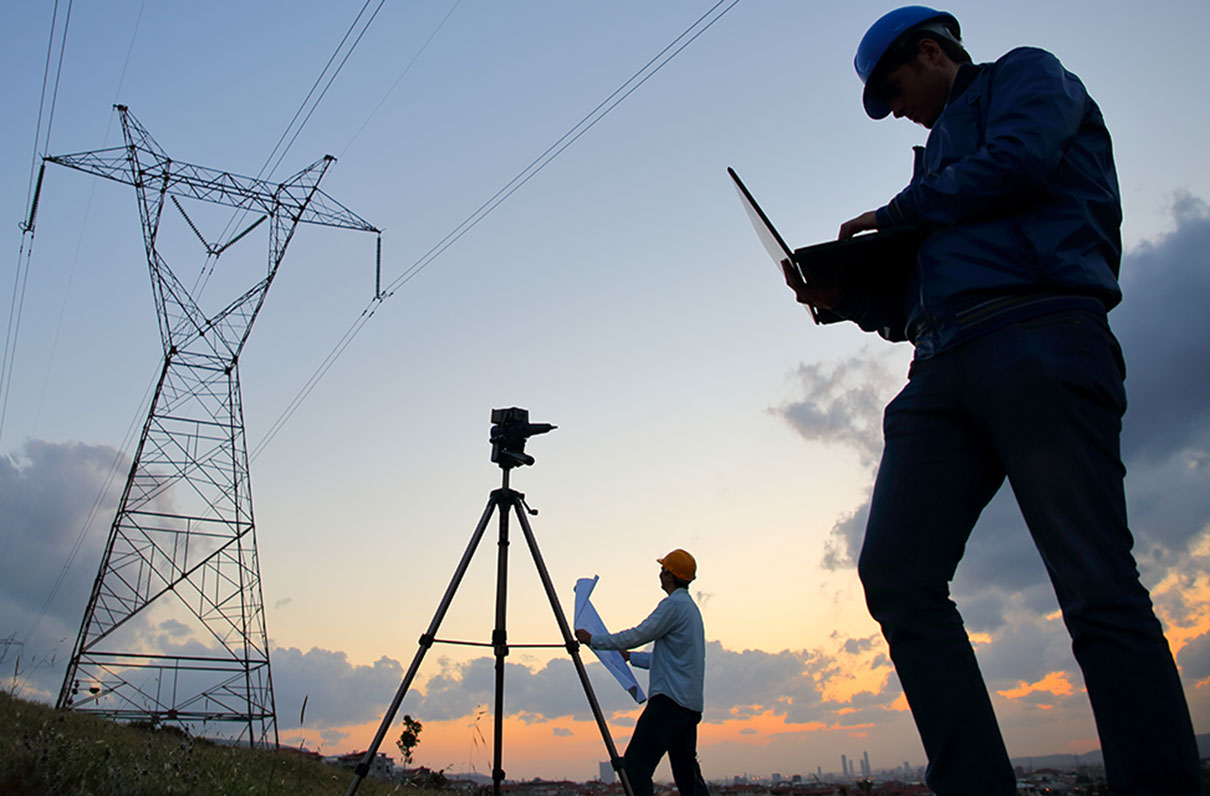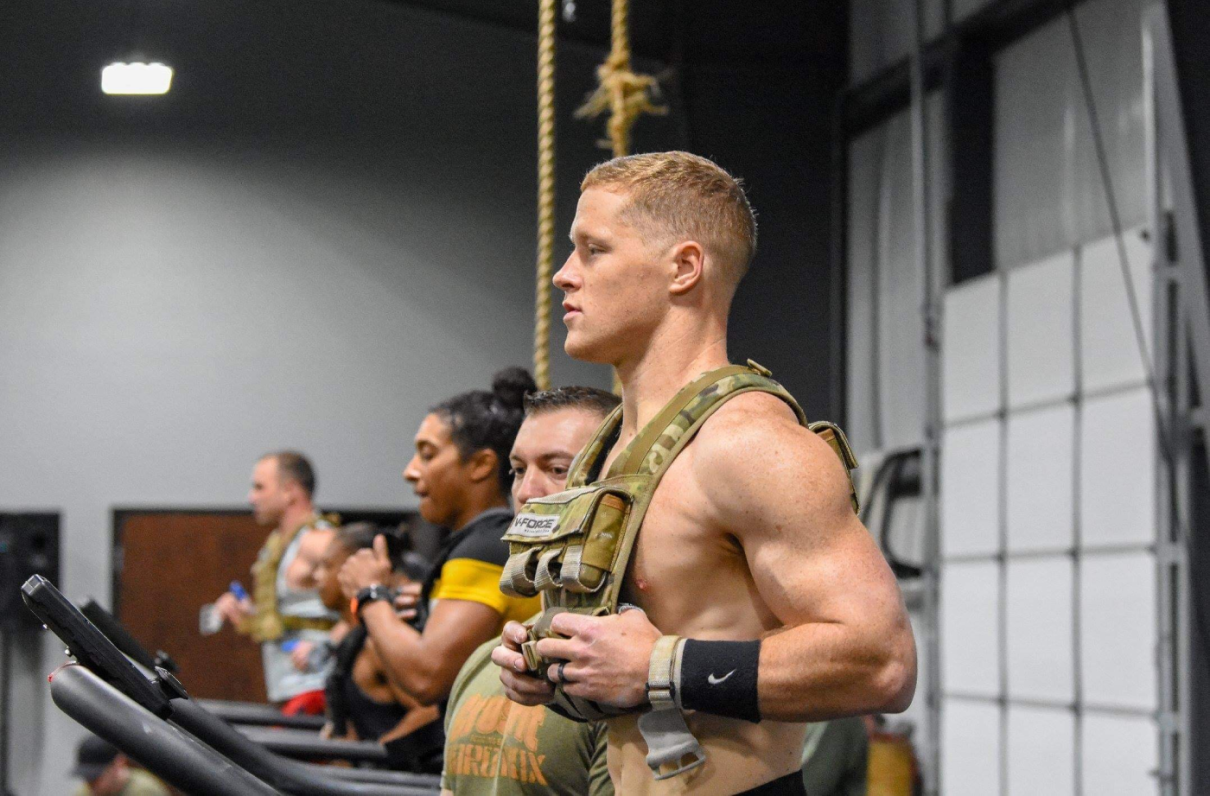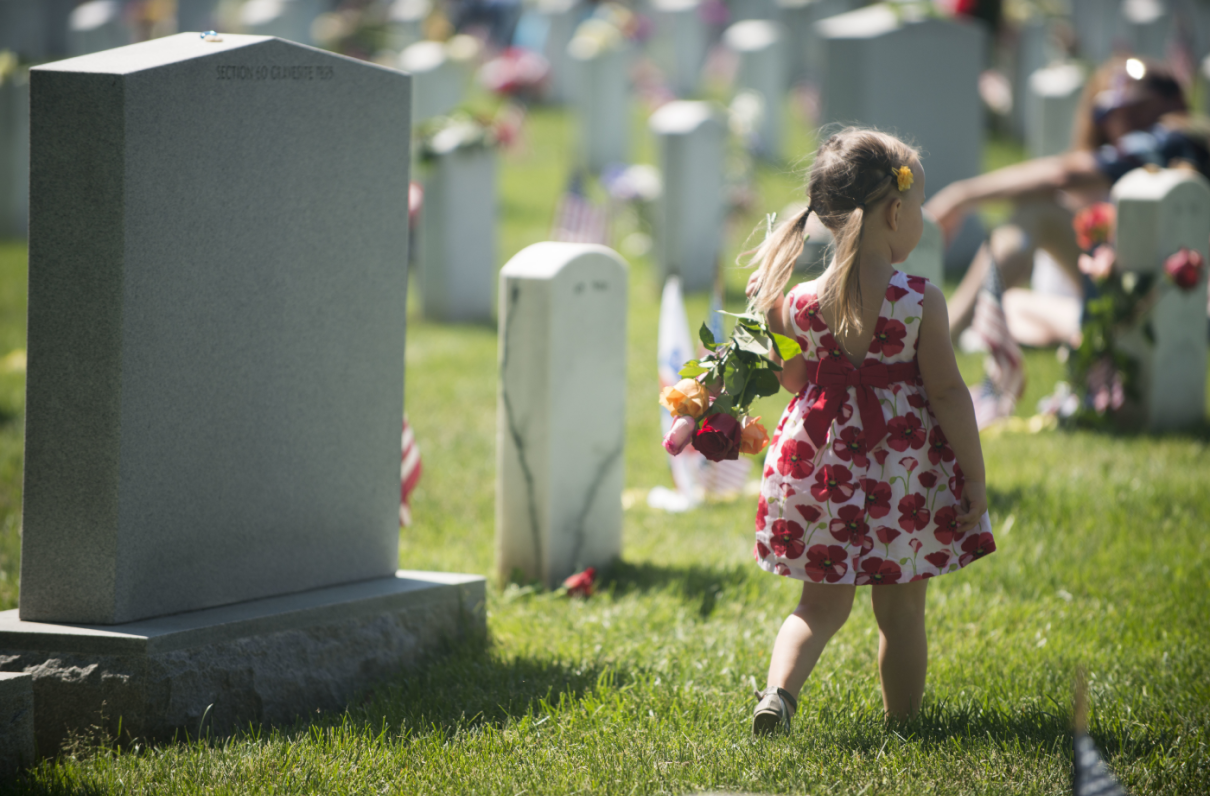By Kathie Rowell
When Lt. Col. Mick Wagoner retired from the Marine Corps five years ago, he had difficulty finding a new career that fit his skills and experience – something he could do with enthusiasm and purpose.
Then he discovered business continuity and disaster recovery (BCDR), a field that prepares companies for adverse events and helps them recover and resume operations as quickly as possible. It’s a niche he believes is tailor-made for military veterans.
“So many of the characteristics you learn in the military and train to are what's needed in this business continuity field – resilience, perseverance, the ability to get people to do things that they might not be happy about but are needed: mission orientation, being able to take rather broad and nebulous orders and make order out of them and make things happen,” said Wagoner, a MOAA life member.

Wagoner isn’t the only one who believes BCDR is perfect for veterans. Disaster Recovery Institute International, a nonprofit and provider of BCDR education and certification in more than 100 countries, provides scholarships for free training and career counseling to recently separated or near-term separation military members through its Veterans Outreach Program.
DRI Foundation President Alan Berman, an Air Force veteran, said former military personnel are sought because they are process-oriented and able to analyze and execute duties under crisis.
“They've done this,” he said. “They've worked under pressure, they've worked in crisis and they're able to keep calm in those kinds of situations, so I think that's very transferrable.”
The field is expanding with projected growth of 5 to 9 percent through 2026, according to the Occupational Information Network, and pays well. Berman said someone with three to five years of experience could expect to earn about $100,000 per year, depending on the region of the country. He recently helped a bank hire someone for $275,000 base pay, a guaranteed 15 percent bonus and a $100,000 signing bonus.
Berman said the program trains about 150 to 200 former service members each year with funding through corporate sponsorships. Some classes have focused specifically on Wounded Warriors.
Information and scholarship applications are available on the DRI International website’s Veterans Outreach Program page. If accepted into the program, applicants will be offered a place in a DRI International class in proximity to their current location and will be able to attend a DRI International credentialing class, take the qualifying examination and, if they successfully pass the examination, complete the application and associated experience essay requirements needed to become certified.
“We've gotten so much from people who have served,” Berman said. “We thought this was a good way to give back."
Wagoner’s Marine career included deployments to Afghanistan, Iraq, Saudi Arabia, Somalia and Japan, where he was involved in humanitarian assistance and disaster relief planning and operations after the Great East Japan Earthquake and Tsunami in 2011.
After retiring from the military, he worked as a fundraiser and for a nonprofit before landing a job with an insurance company in Omaha, Nebraska. His boss there approached him about his interest in helping the company develop a business continuity plan, and Wagoner was intrigued.
Since then, he’s trained in the field and begun helping develop plans for his company to respond to everything from a broken pipe over the data center to an active-shooter situation.
Once plans are in place, then comes training, an area of expertise for former service members, but not necessarily for civilians. That’s where the ability to create a team environment is vital, Wagoner said.
He's excited about his new career and believes other veterans should explore the field to see if it’s right for them.
“The buzzword now in the community really is resilience, and when I think of military officers, I think that's something you have to be,” Wagoner said. “From a bad boss to getting in a bad situation, nobody is to blame, but you have to deal with it. That's what you were trained to do -- deal with adversity and power through it.”



